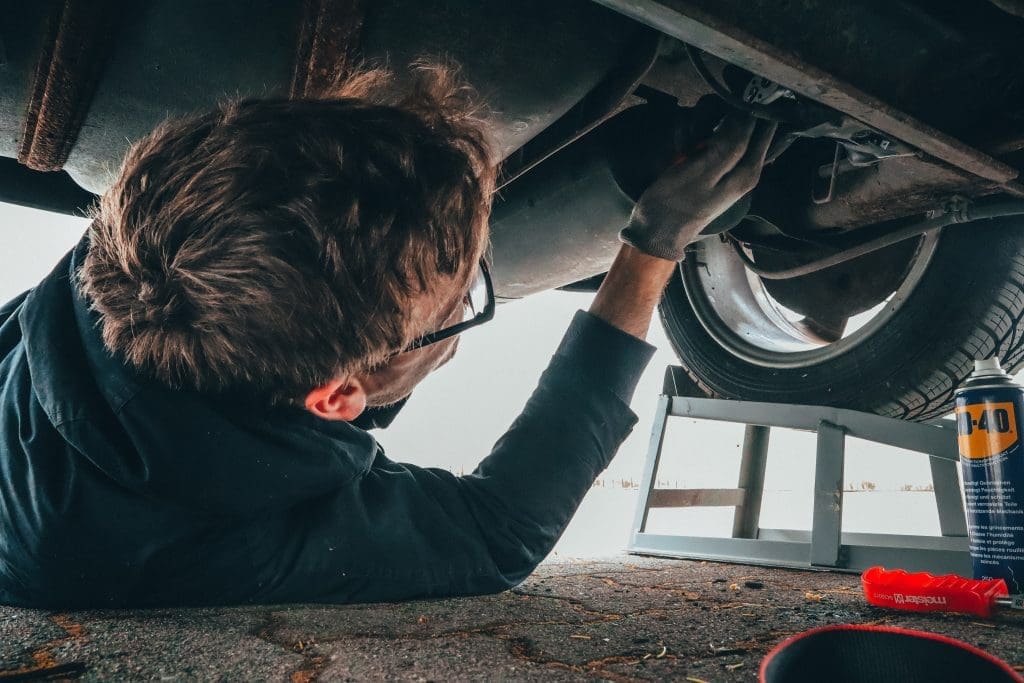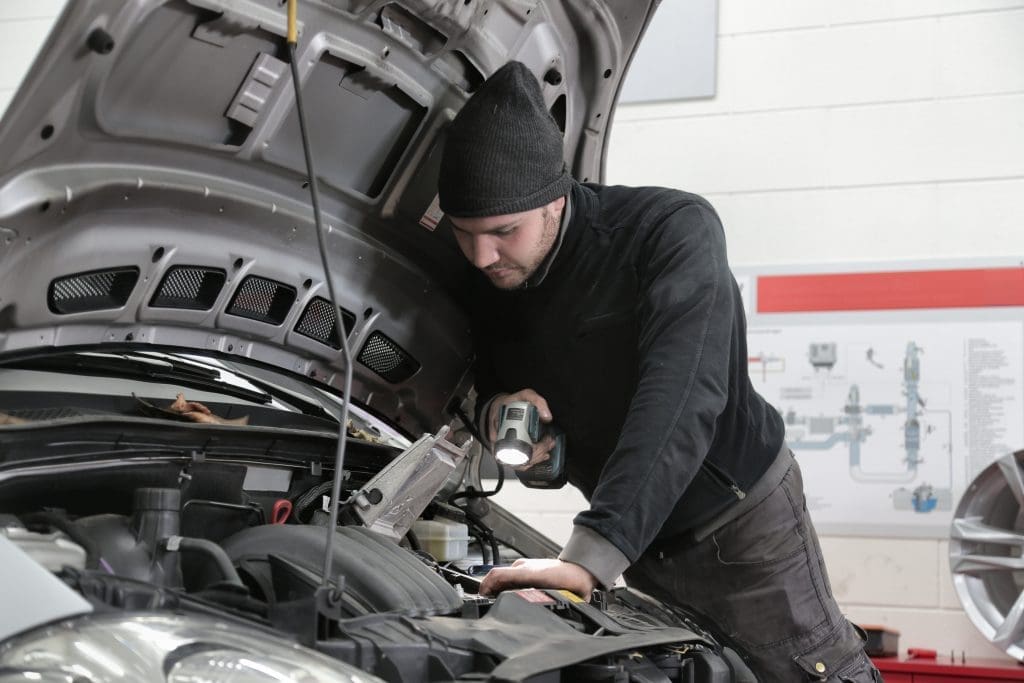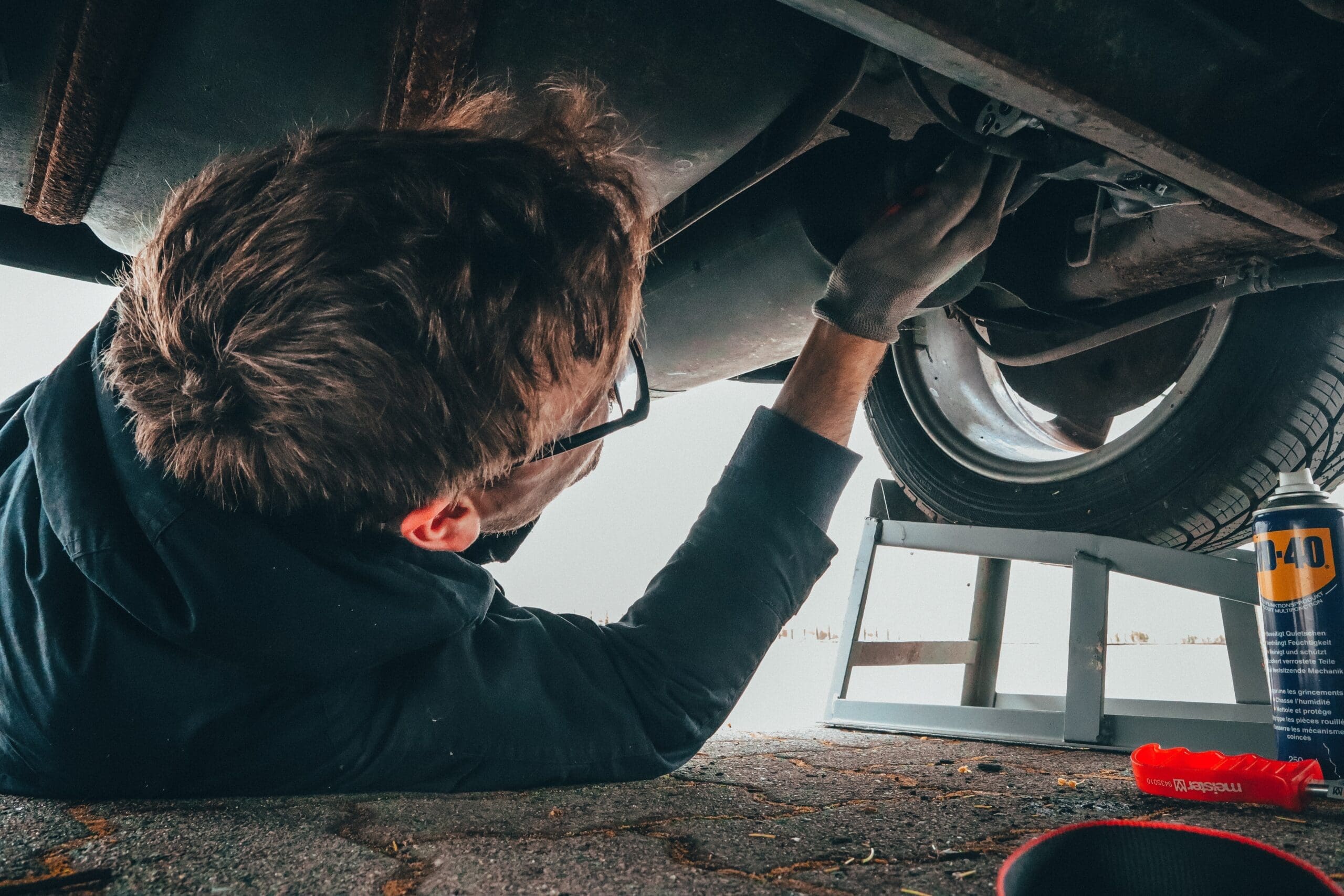Cost-Effective Ways to Deal with Car Trouble
There’s no such thing as the perfect car. No matter how dependable a vehicle is, there’s simply no avoiding the occasional repair. The number of problems you may have all depends on the make and model of the car you own and the scope of the problem; you may be looking at a hefty bill. While there’s no way to stave off car troubles entirely, there are numerous steps you can take to minimize its financial impact. Vehicle owners who are tired of paying an arm and a leg in repair costs should put the following tips to good use for Cost-Effective Ways to Deal with Car Trouble.

Consider Extended Warranties
It’s not hard to see why so many people pass up extended warranties when purchasing new vehicles. After all, a car is already an enormous purchase, and an extended warranty requires even more money. Additionally, if you’re buying a brand new vehicle, it’s easy to regard unexpected breakdowns and assorted functionality issues as problems that are impossibly far off. While this mindset is certainly understandable, it can also result in unnecessary repair costs down the road.
Since an extended auto warranty stands to save you an enormous amount of money, it may be worth taking the time to consider one the next time you’re in the market for a new vehicle. The duration varies from manufacturer to manufacturer, but extended warranties generally last somewhere in the area of three to six years – or 36,000 to 70,000 miles. Just keep in mind that extended auto warranties cost an average of $1,500, while the average repair costs $180. As such, they aren’t always a sound investment and primarily come in handy when vehicles need extensive repairs or frequent small ones.
Take Advantage of Manufacturer Warranties
Extended warranties aren’t your only option concerning automotive warranties. Many new and certified pre-owned vehicles come with limited factory warranties that last somewhere in the area of three years or 36,000 miles. The exact terms and conditions vary, but these warranties generally cover a broad range of repairs that pertain to car systems and parts. The problem is, a surprising number of car owners fail to take advantage of factory warranties and wind up spending money on repairs unnecessarily. So the next time your vehicle begins to act up, contact the dealership or manufacturer, or review the terms of your factory warranty before taking the car to an outside mechanic.


Prioritize Preventative Maintenance
When it comes to ensuring the long-term health of your vehicle, there’s no substitute for preventative maintenance. Many people adopt the same approach to car repair as personal health – i.e., failing to seek professional attention until a problem becomes impossible to ignore. Not only can this prove disastrous to your well-being, but it can also lead to enormous auto repair bills. With this in mind, make a point of prioritizing preventative maintenance.
Preventative maintenance can mean a lot of things when dealing with vehicles. For starters, this approach entails having your oil and fluids changed and receiving a general checkup every 3,000 miles – or as often as your vehicle’s manufacturer recommends. Preventative maintenance also means having your car battery replaced as needed and taking your vehicle to a repair/maintenance professional at the first sign of a problem. Even a seemingly minor issue can become a serious – and costly – problem if it remains unaddressed. While preventative maintenance will require you to spend a little bit of money in the short term, it ultimately stands to save you a fortune in the long run. Furthermore, staying on top of preventative maintenance can extend the life of your car exponentially, thus ensuring that you get the most for your money. If your a DIY guy then check out thegargely for car parts and cleaning supplies to keep your car in top condition.
Car trouble is a source of tremendous stress for a staggering number of Americans. As is the case with medical emergencies, many of us are just one massive car repair away from financial ruin. Unfortunately, there’s no way around the occasional automotive issue. While some vehicles are more dependable than others, there’s no such thing as a car that never gives its owners trouble. Still, this isn’t to say that you can’t minimize the financial strain of auto repair. Taking the previously discussed pointers to heart will help ensure that your vehicle receives the TLC it needs without making a dent in your finances.




